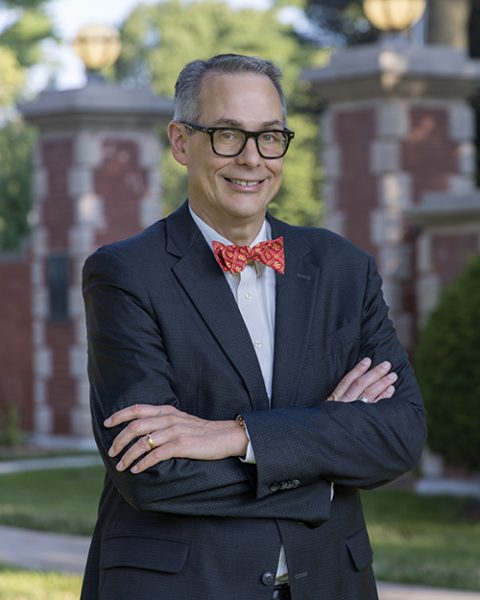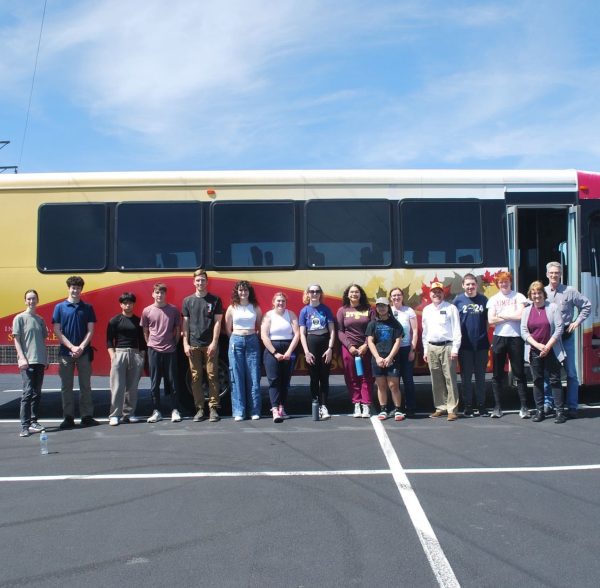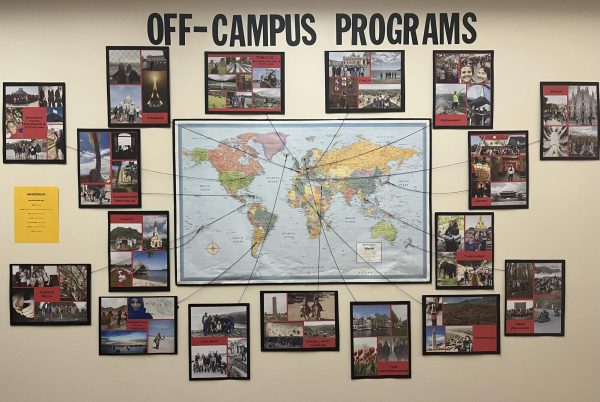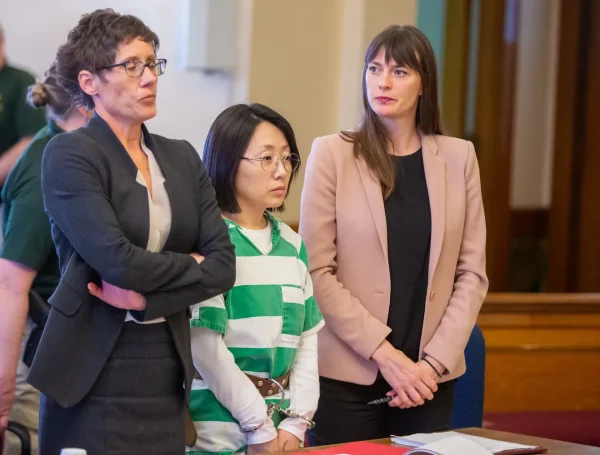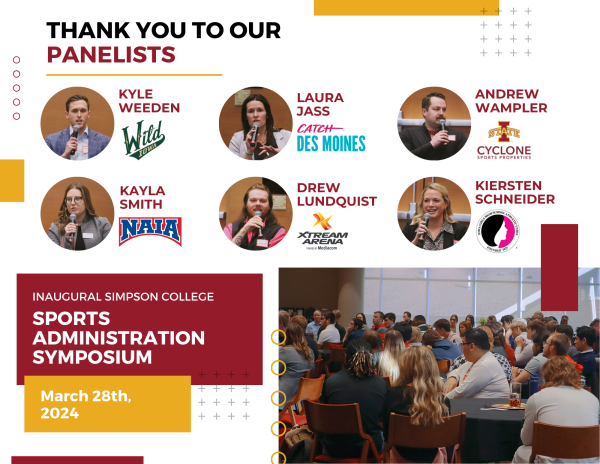Lawyer Ben Wizner speaks at annual Constitution Day Lecture
September 17, 2014
Privacy and the Fourth Amendment were the main topics of Simpson’s annual Constitution Day lecture tonight by Ben Wizner, director of the American Civil Liberties Union’s Speech, Privacy & Technology Project.
Wizner, who also legally represents whistleblower Edward Snowden, discussed our privacy laws and their failure in keeping up with the rapid development in surveillance technologies.
“It used to be possible to live lives of practical obscurity,” Wizner said, “What I mean by that is most of our activities were unobserved an unrecorded, except by most of the people immediately around us.”
Unfortunately, that is not the case anymore. With the fast-paced advancements it is now technologically and financially possible for the government to track everything we do. Every call, every transaction, every email we make is now recorded in metadata that government officials as well as companies can access at any time.
A company can take your information and conclude things about you in order to market to you.
“Does it make anybody here uncomfortable that companies know and are selling to other companies that you might be overweight or depressed or gay?” Wizner said.
Technology is beneficial, Wizner urged, if used in the right way and under the right protections.
“If we want to prevent the benefits of these technologies to become the devil’s bargain, we’re going to actually need the right laws and rules to protect us from the worst applications to protect our values.”
The NSA is collecting information about us through a Supreme Court ruling called the Third Party Doctrine from the 1970s that renders our Fourth Amendment rights obsolete when dealing with a third party.
“Think about how much of our lives we share with third parties,” Wizner said.
Through this, the government can collect metadata and piece together your life. This might not sound daunting if you haven’t done anything wrong.
“Privacy is not fundamentally about secrecy versus disclosure It’s about control and power and context,” Wizner said.
We all have a need for privacy, even if it’s in the simplest form.
“People hide many things, from even their closest friends and family. That they’re sick, that they’re pregnant, that they’re gay, that they’re in love with someone else. That is the reason we call it a private life,” Wizner said.
Even if it doesn’t seem like you have done something wrong, the government can take the information and expose it or distort it.
“In a world in which everything we say and do, everywhere we go is reported, and stored, forever. What will it feel like to live in a world like that?” Wizner said.
If we don’t stand up for our right to privacy, we could all end up taken advantage of and exploited by the government.
“If you take away anything from tonight’s Constitution Day lecture,” Wizner said, “I hope it would be that we all have skin in the game.”





